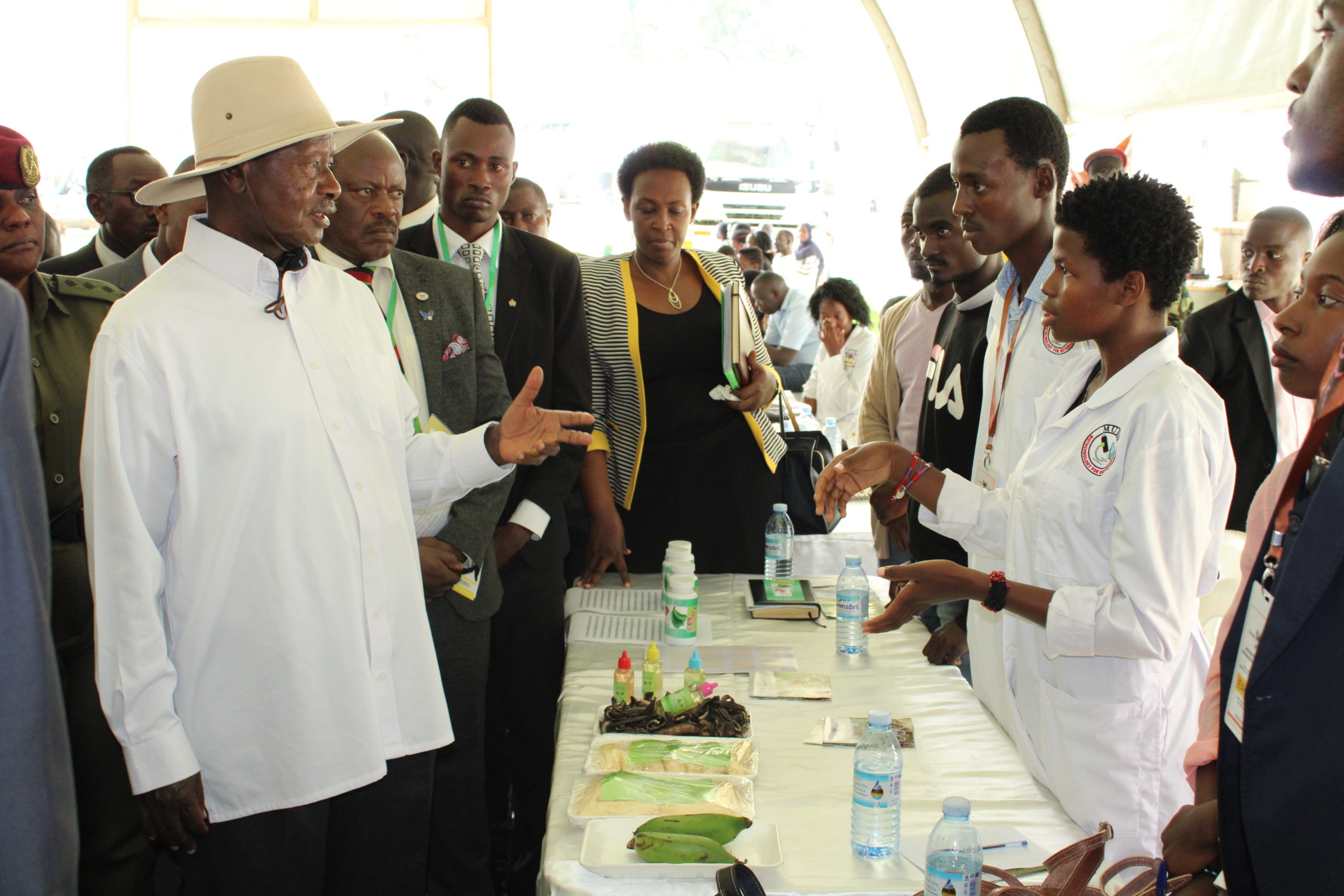Makerere University Vice-Chancellor (VC), Prof. Barnabas Nawangwe has called upon the government to invest more in safeguarding the University’s intellectual property, by patenting and commercializing its research and innovations.
Speaking at Makerere University’s Research and Innovations Fund (RIF) inaugural consultative workshop on Friday last week, the vice-chancellor noted that whereas government has supported the institution’s capacity building to carry out research and innovation, commercialization and patenting of these research products remains an underfunded priority by government, undermining their (research products’) potential to accelerate Uganda’s efforts towards economic transformation.
“We, therefore, recommend that the next phase of funding should allocate money for commercialization and patenting of already existing products such as our solar irrigation,” Nawangwe urged.
Last year, Government announced it would invest shs.25billion in the Research and Innovation Fund over a 5-year period to fund high impact research and innovation at Makerere University, and a multi-sectoral Grants committee to oversee the fund was consequently inaugurated, chaired by Makerere University’s acting Deputy Vice-Chancellor Prof. William Bazeyo.
The Research and Innovation Fund is the second such specialized funding to benefit Makerere’s scientists after the Presidential Initiative on Science and Technology launched 10 years ago of which Makerere’s colleges of Technology and Food Science are key stakeholders. One of the biggest to benefit from the funding has been the Kiira EV – a two-seater electric car built and assembled by students at the College of Engineering, Design, Art, and Technology.
Other outstanding research products to emerge from the University over the years include the newly developed anti-tick vaccine by the College of Agriculture and Environmental Sciences (CAES), and a Malaria test kit that draws no blood known as matibabu by students from the College of Computing and Information Science (CoCIS) which in 2018 won the Africa Prize for Engineering Innovation. Nawangwe now wants these research projects and innovations patented and commercialized by the government for the University.
Speaking at the workshop, Prof. Bazeyo, urged other stakeholders and the public to help researchers include new perspectives in research through sustained feedback so that they (researchers) can be progressively nudged into producing research that resolves community challenges.
“Our objective as RIF is to support research and innovation initiatives that contribute to better delivery of better National Development initiatives, guided by the key national and sector-specific development plans and global priorities,” Bazeyo noted.
He assured participants that through RIF, Makerere would increase the local generation of translatable research and scalable innovations that address key gaps required to develop Uganda’s development agenda.
On his part, Dr. Chris Ndatira Mukisa, the Executive Director of the Uganda Bureau of Statistics (UBOS), advised the public to take advantage of new research and innovations made by different institutions and government agencies in their planning processes, to contribute to the country’s development. “We (UBOS) are open to collaborations with the universities and the public, so as to turn this data into useful information that can move our country forward,” he said.
Closing the workshop, Nawangwe reiterated Dr. Mukisa’s call, arguing that past experience with the Innovation Systems and Clusters Program-Uganda (ISCP-U), a triple helix approach that brought together Government, the academia and Private Sector proved an effective approach to transforming Small and Medium Enterprises (SMEs) in Uganda.
“For example, the Katwe Metal Fabricators was able to work with our professors and improve their products to the extent that they now export inverters and generators to South Sudan and eastern Democratic Republic of Congo,” Nawangwe revealed.
